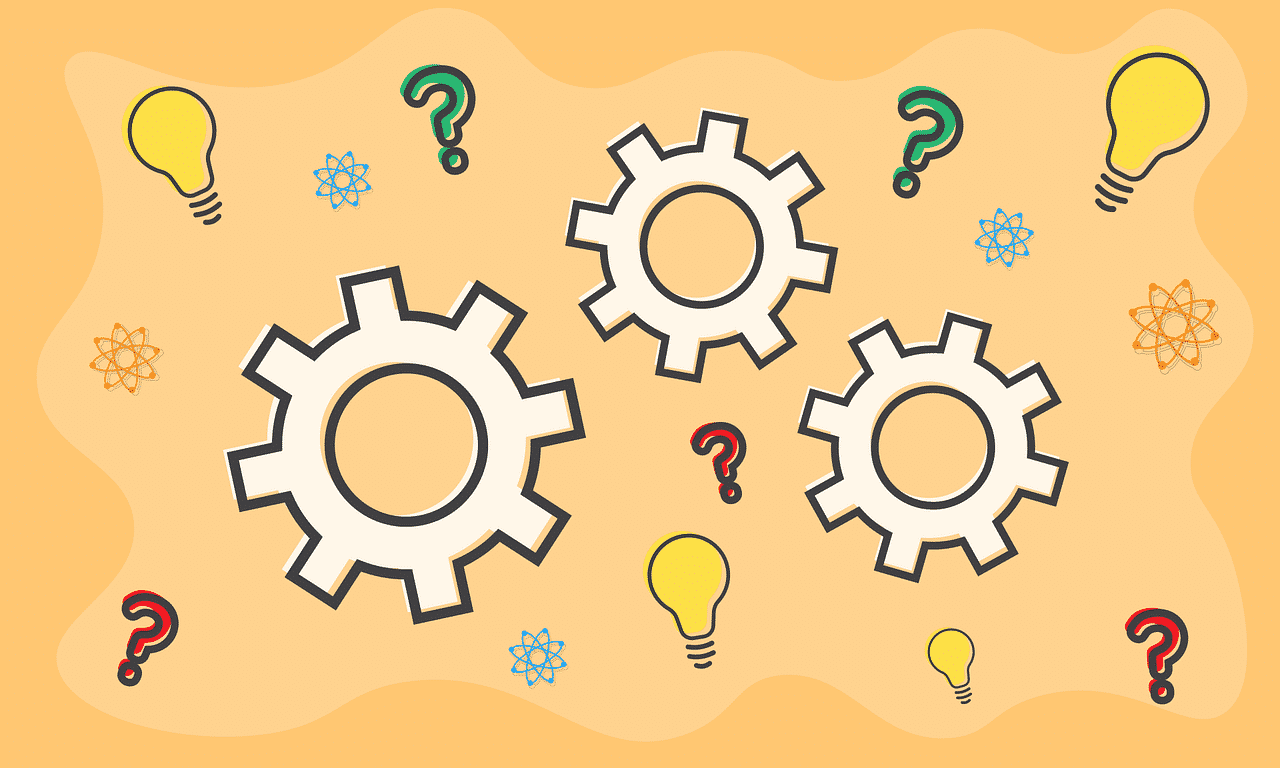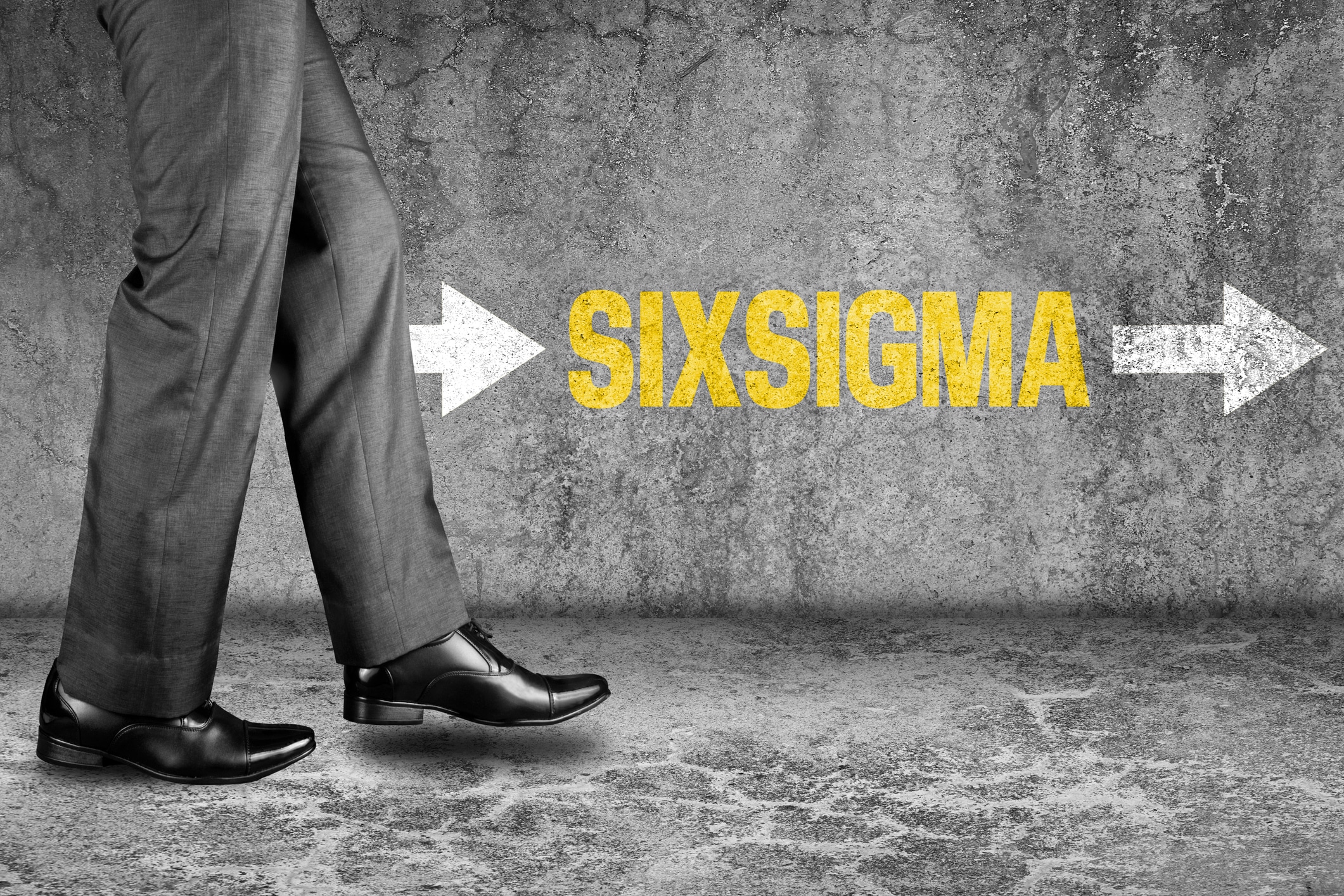Have you seen a sudden increase in terms such as blockchain, cryptocurrency, bitcoin, and NFTs floating all around you? This is because the blockchain industry has seen rapid growth. With the increase in demand for blockchain technology, the need for upskilling has increased as well. This blog will talk about the top free blockchain courses that you can take to enhance your knowledge about blockchain and kick start your blockchain career.
- What is blockchain technology?
- Benefits of blockchain
- Types of blockchain
- Top free blockchain courses
- Closing thoughts
What is blockchain technology?
A distributed database shared among nodes of a computer network, blockchain stores information electronically in a digital format. They help in maintaining a secure and decentralized record of transactions. It is a decentralized method of storing data, thus making sure that no single person has control. One of the main differences between a traditional database and a blockchain is how the data is structured.
In the case of blockchain, data is stored in groups known as blocks. Each block has a certain storage capacity, and when filled, it is closed and linked to the previously filled block. Thus, forming a chain of data. This guarantees the security of data records without the need for a third party. A database typically structures data in the form of tables as opposed to a blockchain. Each of these blocks is given a timestamp and forms an irreversible chain of data.
Also Read: Blockchain Developer Salary
Benefits of blockchain
1. Secure transactions
One of the greatest benefits of blockchain is how secure the transactions are. Once a transaction is recorded, the authenticity is verified by the network. If this transaction is validated, it can then be added to a block in the blockchain. Since each block has a unique hash value, if it is edited in any way, the hash code changes. However, the hash code on the block does not change. Thus making it difficult to change any information on the blockchain without notice.
2. Decentralization
The information stored in a blockchain is not in a central location; it is copied and spread across a network of computers. Every computer on the network will get updated when a new block is added to the blockchain. Thus spreading the information across a network rather than a single database. Due to this, it is difficult to tamper with the data. A hacker would be able to gain access to a single copy rather than the entire network being compromised.
3. Efficiency
Let’s say you’re making a transaction through a central authority. It can take up to a few days for it to settle and for the transaction to be secure. This can be because of multiple factors such as working hours of the institution, time zone differences, cross-border trades, etc. In the case of a blockchain transaction, it works on all 365 days of the year and 24/7. Transactions are complete in as little as 10 minutes and can be considered as secure within a few hours.
4. Private transactions
Although there are several blockchain networks that have public databases, personal information about the users is not available. If a user has made a public transaction, their unique code is recorded on the blockchain. However, their personal information is not recorded. Thus, ensuring that transitions are sharing any confidential information.
Types of blockchain
There are several types of blockchain available today. Taking up blockchain courses will help you learn more about the different types.
1. Public blockchain
2. Private blockchain
3. Permissioned blockchain
4. Consortium blockchain
Also Read: Top 8 Best Ethereum Wallet
Free blockchain courses
Looking to get ahead in the blockchain world? Check out our these free blockchain courses! From the basics of blockchain technology to Bitcoin, these courses will help you become a blockchain expert in no time!
1. Blockchain Basics
Blockchain enables us to make a digital asset transparent through decentralization and cryptography. It is also known as distributed ledger technology or DLT. It secures the system, chains data, and permits permanent recording of transactions. It is a shared ledger that records transactions, stores encrypted data, and helps in tracking assets.
In this free blockchain course, you can learn more about what blockchain means, how it works, its benefits over traditional database systems, data security, and much more. The blockchain course is ideal for beginners who have little to no knowledge about blockchain. It takes you through the entire ecosystem, the need for blockchain, and how it is being adopted in different industries.
By the end of the blockchain course, you will have a clear understanding of the following:
- Blockchain fundamentals
- The architecture of a blockchain
- Database vs Blockchain
- Consensus mechanism
- Proof of work and stake
- The mechanism of a blockchain transaction
- Blockchain ecosystem
- Why do industries need blockchain?
- Industry challenges
- Examples of blockchain
You will also receive a certificate upon successful completion of the blockchain course.
2. Blockchain Process
Did you know that blockchain is a peer-to-peer network? It is a controlled network that includes multiple records of transactions in ledgers. You may have come across terms such as blockchain, cryptocurrency, bitcoin, etc. But do you understand the process behind how this technology works? In this free free blockchain course, we will discuss the process. The course is for beginners and also talks about the applications of blockchain, such as tracking music royalties, securely sharing data, etc.
You will gain the following skills by the end of this blockchain course:
- Decentralization in blockchain
- Data storage in blockchain
- Blockchain process
- Bitcoin
The course syllabus is as follows:
- Introduction
- Blockchain Myths
- What is blockchain?
- Why is blockchain popular?
- Security
- Decentralization
- Enterprise-grade automation
- How does blockchain work?
- Peer-to-peer network
- Encryption
- The blockchain process
- Data storage
- Bitcoin
3. Bitcoin
A decentralized digital currency, bitcoin can be bought, sold, and exchanged with no intermediary governing institutions. Powered by blockchain technology and a process known as mining, bitcoin has become the talk of the town. What exactly is bitcoin? How does it work? What do you mean by a mining process? This free bitcoin online course will answer all your questions and more.
We live in a technologically advanced world. Bitcoin has found a solid fanbase among millions of people, especially the younger generation, and bitcoin mining has grown immensely over the past few years. In this course designed, we will deep dive into the world of blockchain technology and bitcoin and learn more about cryptocurrency.
Course syllabus:
- What do you mean by bitcoin?
- Blockchain technology
- Introduction to mining
- Future of cryptocurrency
- Investing in cryptocurrency
- Loopholes in cryptocurrency
You will receive a certificate upon successful completion of the course.
Closing Thoughts
As we progress into a more technologically advanced world, bitcoin, cryptocurrency, and the use of blockchain technology are the future! Taking up blockchain courses to upskill in this domain will help you become future-ready with the most in-demand skills. We have already seen several practical applications of these technologies. It is no longer a question of whether companies will catch on to the technology or not. NFTs, transactions through cryptocurrency, and tokenization of assets have already seen growth, and the upcoming years will prove to be an important period of growth.
You can also take up the NUS Blockchain Technology and Business Innovation online course and master the skills required to build a successful blockchain career. You will have access to a comprehensive curriculum, gain exposure and work on innovation. It is a nine-week online course and will help you get a hands-on learning experience.







